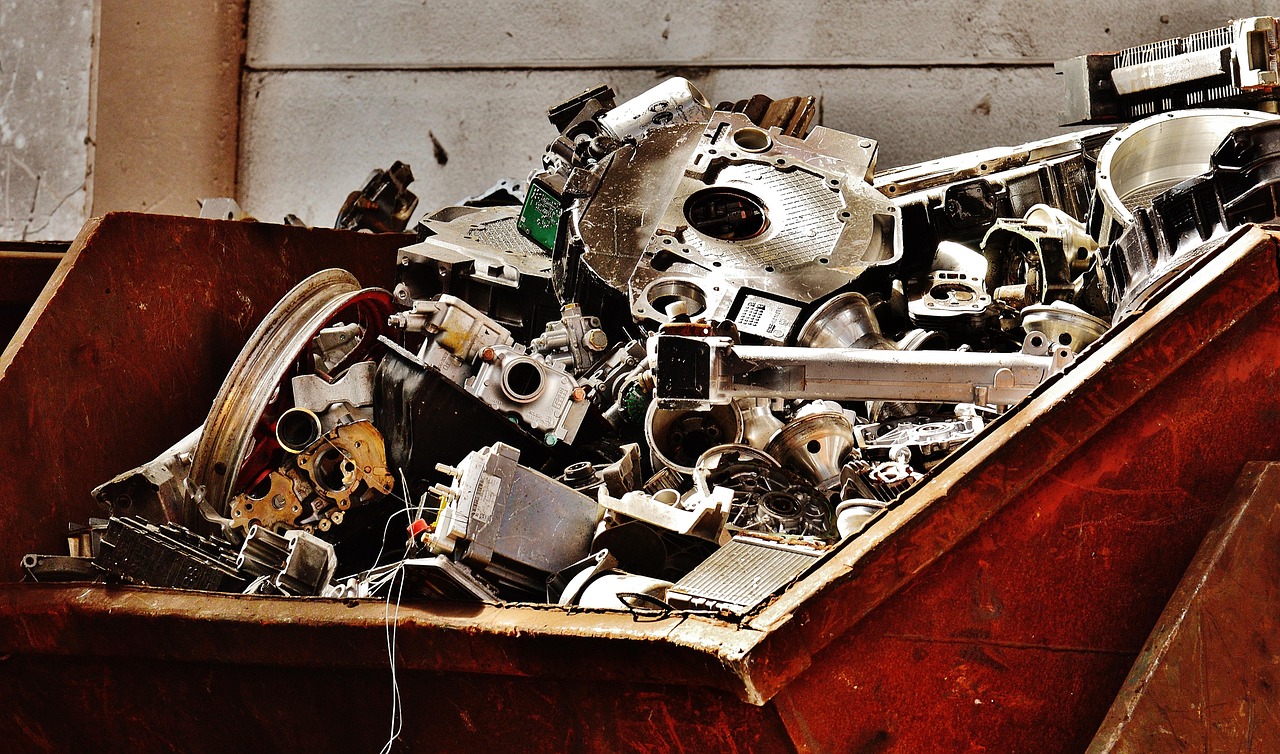$2 billion in losses and a “gray scheme” through the EU: how scrap is exported from Ukraine
18 July 21:20 INFOGRAPHICS
INFOGRAPHICS
Ukraine is rapidly approaching a shortage of strategic raw materials – scrap metal, which is critical for the steel industry, economic recovery and the defense industry. This is evidenced by data from industry associations and export flow statistics for the first quarter of 2025, "Komersant Ukrainian" reports citing GMK Center.
“In 2025, scrap metal procurement in Ukraine approached its lowest level since 1995, excluding the abnormal year of 2022. The reasons are obvious:
- a full-scale war;
- destruction or shutdown of metallurgical plants;
- loss of industrial regions;
- lack of investment in scrap metal procurement;
- reduced incentives for the domestic market due to the growth of shadow exports.
Against this backdrop, dozens of Ukrainian companies, including those involved in infrastructure restoration and military equipment production, risk being left without raw materials.
Paradox: exports are growing despite the deficit
Despite the fact that the domestic market is suffering from a shortage of scrap metal, exports of this raw material are growing at a record pace. As of April 2025, exports reached 46 thousand tons, which is 95% more than in April 2024.
June was particularly dynamic, when 101.1 thousand tons of long products were exported from Ukraine, up 155.2% year-on-year and 32.7% more than in May 2025. Revenue in monetary terms amounted to $70.1 million, up 142% year-on-year and 30.2% month-on-month.
The largest share of exports was formed by:
- hot-rolled carbon steel rods and bars in coils – 158.7 thousand tons
- rods without further processing – 157.7 thousand tons;
- carbon steel wire – 67.5 thousand tons;
- other products – 28 thousand tons.
Thus, hot-rolled rebar and construction steel accounted for the bulk of exports, which is critical for both infrastructure construction and industrial facilities.

Poland remains the key importer of Ukrainian long products:
- Poland is a stable leader in terms of purchases;
- Moldova is a growing market with high demand for construction materials;
- Romania is an important player in the region that is expanding its purchases after the reconstruction wave.
However, experts warn that the lion’s share of these exports is not transparent. A gray scheme is used: scrap is formally exported to the EU, paying a symbolic duty of €10 per ton, and then re-exported to Turkey. In this way, businesses avoid paying the main duty on direct exports to Turkey, which amounts to 180 euros per ton.
What are the state budget losses from non-transparent exports?
According to industry analysts, the state budget has already lost more than UAH 2 billion due to lost customs revenues associated with the indirect export of scrap. And these losses are only growing.
This is happening against the backdrop of
- an urgent need to finance the defense economy;
- the government’s plans for a large-scale infrastructure rebuild;
- a shortage of steel in the domestic market;
- the government’s attempts to support producers under the Made in Ukraine program.
Why the situation with scrap metal is critical for the economy
Scrap metal is the basis of the secondary steel cycle. It makes it possible to reduce the cost of steel production during the energy crisis; promptly provide raw materials for armored vehicles, building shelters, and restoring bridges and roads; and support local employment in processing and logistics.
In the event of a systemic shortage of raw materials, production will have to be halted or scrap will have to be imported at high prices from abroad, further reducing the competitiveness of Ukrainian producers.
Representatives of the Ukrainian steel industry are already addressing the government with a number of demands. Among them:
- to ban or limit the export of scrap metal until the war is over;
- to strengthen control over customs schemes for re-export through the EU;
- stimulate domestic processing and the creation of local value chains.
Experts also emphasize the need for digital monitoring of all logistics routes for exports, as well as revision of trade agreements that allow bypassing key barriers through formal transit points.
If the situation is not stabilized in the near future, Ukraine may find itself in a paradoxical position: without scrap metal for its own production, but with another budget deficit. In a time of war, this is no longer an economic but a systemic security threat.
Читайте нас у Telegram: головні новини коротко









